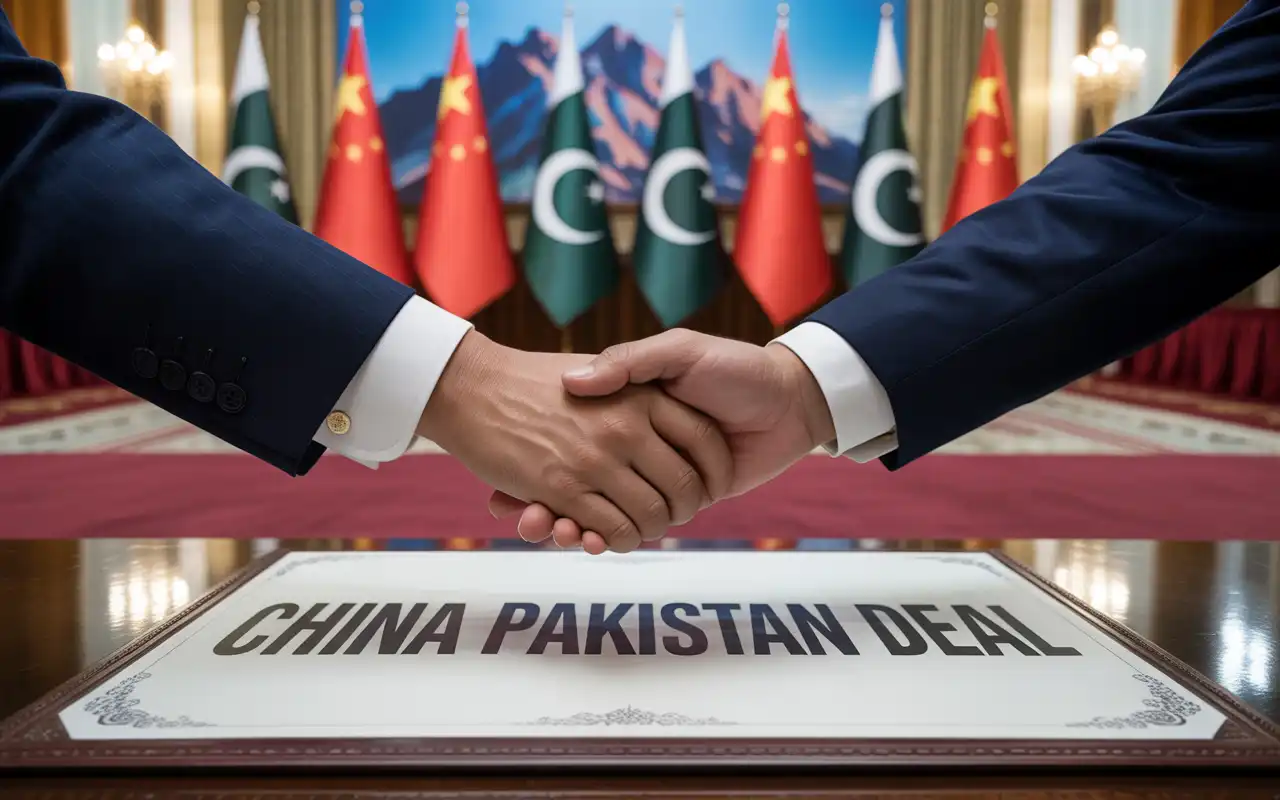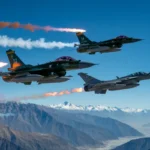As a part of further enhancement to Pakistan’s strategic defense systems, China has removed export control restrictions on PL-15 long-range air-to-air missiles, permitting their local manufacture in Pakistan with full technology transfer to the Pakistan Air Force (PAF), as reported by the sources on Tuesday.
This agreement is said to be reached during high-level defense talks between the two countries and puts a new chapter in China-Pakistan military cooperation. The agreement also stipulates that the PL-15 missiles will be produced in Pakistan under joint supervision with Chinese defense specialists assisting in training, development, and integration.
The PL-15 missiles are classified as China’s BVRAAMs, which means that they are capable of engaging aerial targets over a distance of two hundred kilometers. Like other sophisticated air-to-air missiles in service, the PL-15 uses active radar guidance with advanced ECCM techniques during target engagement.
Defence officials further mention that modern jets such as the JF-17 Thunder Block III will be fitted with PL-15 missiles, greatly enhancing PAF’s range and lethality in countering aerial threats with advanced detection systems.
A senior PAF official told local media,
The transfer of this technology will strengthen our self-governing capabilities and ensure enduring self-sufficiency in sophisticated air defense systems.
He confirmed that the PAC Kamra will commence ordered production in the next year.
This shift comes during increasing geopolitical friction and is viewed as a part of Pakistan’s strategy to preserve equilibrium in South Asia, particularly following India’s purchase of French Rafale jets armed with Meteor missiles.
Analysts within the Defense field are claiming that the domestically produced PL-15 missiles would bolster Pakistan’s strategic deterrent capability in potential conflict situations while also reducing reliance on foreign military goods.
“Pakistan is focusing on self-reliance in modern warfare,” noted Lt. Gen (retd.) Talat Masood, a senior defense analyst.
It will significantly boost the operational capabilities of the Pakistan Air Force.
Chinese analysts also applauded the action, regarding it as a milestone in the defense relationship between China and Pakistan. In Beijing, analysts referred to the agreement as a “symbol of deep strategic trust” and “mutual defense cooperation.”
The advancement is likely to raise eyebrows in regional capitals, especially New Delhi and Washington, where the growing defensive relationship between China and Pakistan is being closely watched.
As part of wider strategic cooperation within the framework of the China-Pakistan Economic Corridor (CPEC), additional cooperative work on missile and radar systems is already under consideration, as per some insiders.








